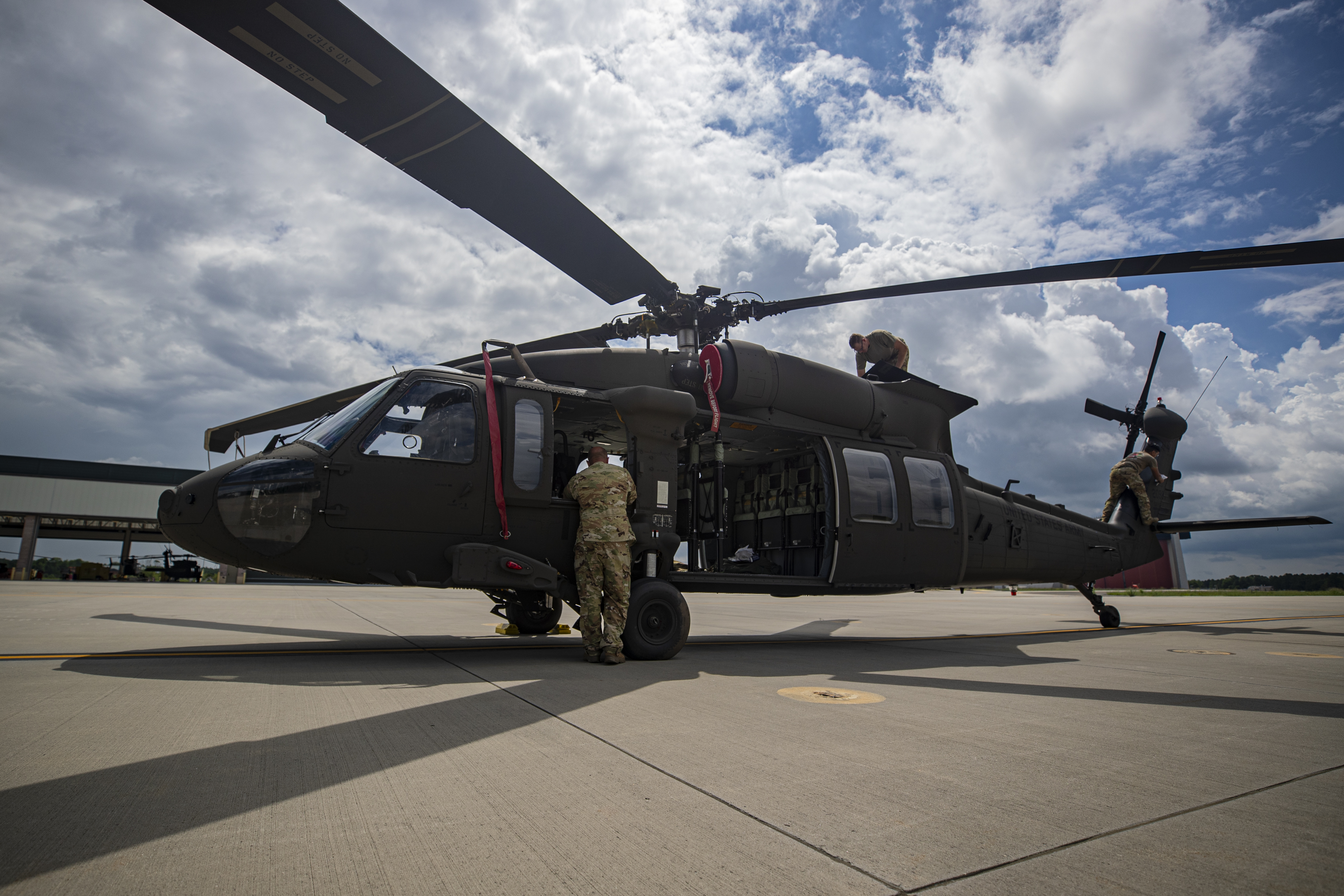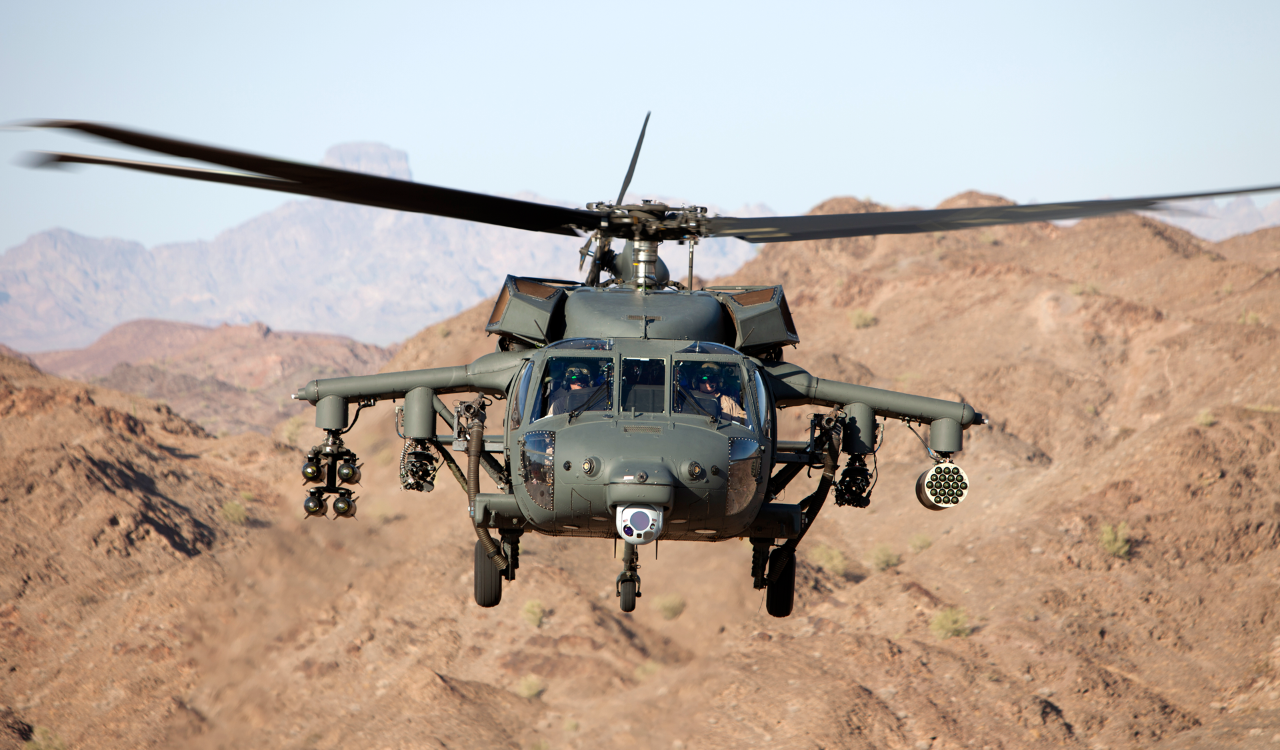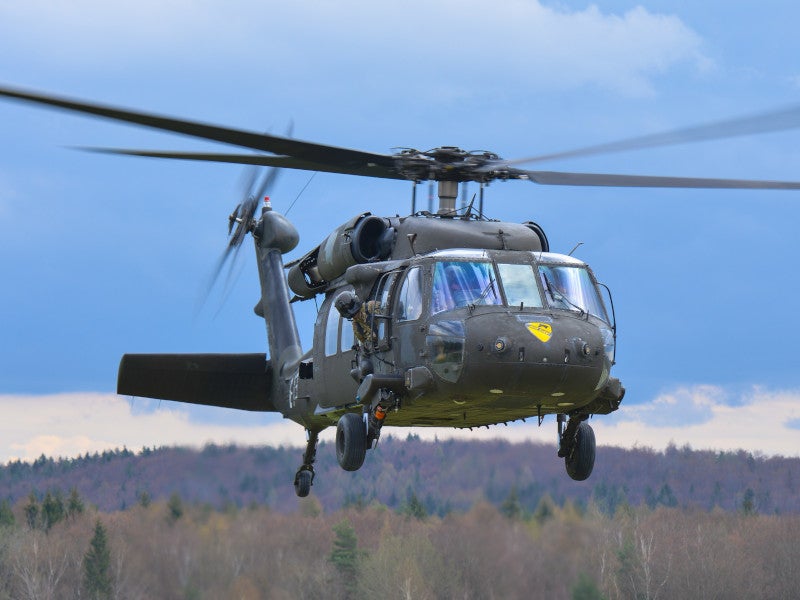The Duty of UH 60 in Modern Military Workflow
Wiki Article
The Effect of Sustainable Practices on the Future of Aircraft Operations and Emissions Decrease
As the aviation sector encounters enhancing analysis over its environmental influence, the adoption of lasting practices becomes a vital pathway toward future aircraft operations and exhausts reduction. Innovations in lasting air travel fuels and innovations in hybrid propulsion technologies stand at the leading edge of this change, encouraging considerable decreases in greenhouse gas discharges. However, the successful assimilation of these initiatives depends upon a selection of factors, consisting of regulatory frameworks and industry cooperation. The inquiry stays: just how will these developing techniques reshape the dynamics of flight and add to a much more lasting future?
Review of Lasting Practices
Lasting practices in airplane procedures include a variety of approaches targeted at lowering ecological impact while preserving operational efficiency. These methods are crucial in the aviation industry's commitment to decreasing its carbon footprint and sticking to global ecological requirements. Key campaigns include optimizing flight courses to decrease gas usage, enhancing upkeep protocols to make sure airplane operate at peak efficiency, and executing advanced technologies such as winglets and lightweight products that enhance aerodynamics.
Educating and engaging team on sustainability practices likewise play a crucial role, promoting a culture of environmental responsibility within companies. Overall, the assimilation of these sustainable practices not just assists reduce emissions yet also improves the long-term viability of the air travel sector, ensuring it fulfills the needs of both consumers and regulatory bodies while contributing to worldwide sustainability objectives.
Ingenious Gas Alternatives
Countless cutting-edge fuel options are arising as critical remedies to minimize the air travel sector's reliance on traditional fossil gas. Amongst these alternatives, Lasting Aviation Fuels (SAFs) have acquired substantial interest because of their prospective to decrease lifecycle greenhouse gas emissions by up to 80% compared to conventional jet gas. SAFs are originated from numerous feedstocks, consisting of waste oils, farming deposits, and even algae, making them a functional choice for the market.Another promising choice is hydrogen gas, which, when utilized in gas cells, generates only water vapor as a result. This zero-emission prospective presents a considerable opportunity for decarbonizing trip procedures, especially for short-haul flights and local airplane. Furthermore, electric propulsion systems are being explored, leveraging battery modern technology to power airplane. While current battery capacity restrictions variety and payload, recurring developments may quickly make electrical flights practical for specific applications - uh 60.
Last but not least, biofuels obtained from biomass are being investigated, using a sustainable alternative that can be mixed with traditional gas. Jointly, these cutting-edge fuel alternatives stand for an essential step toward achieving a sustainable air travel ecosystem, lining up with global emissions decrease targets and enhancing the sector's ecological stewardship.
Technological Innovations in Aviation

Exactly how can technical developments improve the future of aviation? The combination of cutting-edge technologies is crucial in transforming aircraft procedures, improving performance, and lowering exhausts. Innovations such as electric and hybrid propulsion systems go to the center, encouraging substantial reductions in fuel intake and greenhouse gas emissions. These systems leverage improvements in battery modern technology and energy management, allowing aircraft to run with a lower ecological footprint.
In addition, the application of innovative materials, such as light-weight compounds, adds to enhanced the rules of aerodynamics and fuel performance. Using synthetic knowledge and artificial intelligence in trip procedures enhances course preparation and moved here reduces gas shed by making it possible for real-time adjustments based on climate and website traffic problems. Furthermore, the growth of independent and remotely piloted airplane systems stands to transform freight and passenger transportation, possibly boosting performance while lessening human mistake.
Additionally, lasting aviation modern technologies, including sophisticated air website traffic management systems, can lower and improve procedures congestion, resulting in reduced emissions throughout trip. These advancements jointly stand for a paradigm shift in air travel, assuring a future where sustainability and operational efficiency are linked, consequently sustaining the market's commitment to minimizing its ecological effect.

Regulative Framework and Compliance
Due to the expanding focus on ecological stewardship within the air travel market, the governing framework governing airplane operations is developing to promote sustainable methods. Regulative bodies, such as the International Civil Aviation you could check here Organization (ICAO) and various national aviation authorities, are presenting stringent standards focused on reducing exhausts and enhancing functional effectiveness.These guidelines typically include the adoption of Sustainable Aeronautics Fuel (SAF), which has actually been acknowledged as a crucial element in achieving reduced carbon impacts. Compliance with these regulations calls for airline companies to implement operational practices and sophisticated technologies, such as maximized flight paths and improved air web traffic monitoring, to lessen fuel usage.
Additionally, the enforcement of exhausts trading systems and carbon offsetting initiatives is ending up being significantly common, engaging airlines to keep an eye on and report their exhausts properly. Non-compliance can cause substantial charges, hence pushing drivers to prioritize sustainability in their organization models.
Inevitably, the evolving governing landscape not only drives advancement and financial investment in eco-friendly modern technologies however likewise promotes a culture of accountability within the aviation market. As these structures proceed to create, the concentrate on lasting methods will be integral to attaining the market's lasting environmental goals.
Future Trends in Aircraft Procedures
As the aeronautics market adapts to a progressively strict regulatory environment, future fads in airplane operations are set to concentrate on cutting-edge remedies that better boost sustainability and effectiveness - uh 60. Trick growths will likely include the fostering of advanced air traffic management systems, which make use of real-time information and synthetic intelligence to maximize flight paths, reducing fuel consumption and exhaustsOne more significant fad is the boosted integration of lasting aeronautics gas (SAFs) These options to conventional jet gas, stemmed from eco-friendly resources, other can considerably lower lifecycle greenhouse gas emissions. The market's dedication to SAFs will likely increase as airline companies work together with fuel manufacturers to ensure schedule and cost-effectiveness.
In addition, the press in the direction of electrification and crossbreed propulsion systems is obtaining energy. Arising aircraft designs will include these modern technologies, supplying quieter and extra reliable procedures, particularly for short-haul flights.
Verdict
The adoption of sustainable air travel fuels, combined with improvements in hybrid and electrical propulsion systems, is essential for reducing lifecycle greenhouse gas emissions. Enhancing flight courses and accepting ingenious innovations contribute to a quieter and a lot more ecologically friendly aviation sector.
Technologies in lasting aeronautics gas and advancements in hybrid propulsion technologies stand at the forefront of this transformation, encouraging substantial reductions in greenhouse gas discharges.Countless innovative fuel choices are emerging as critical remedies to reduce the air travel market's dependence on traditional fossil fuels - uh 60. Amongst these choices, Sustainable Aviation Fuels (SAFs) have actually obtained significant focus due to their potential to decrease lifecycle greenhouse gas exhausts by up to 80% compared to traditional jet gas.One more substantial pattern is the raised combination of sustainable air travel gas (SAFs) The fostering of lasting aviation gas, combined with advancements in hybrid and electric propulsion systems, is important for lessening lifecycle greenhouse gas exhausts
Report this wiki page